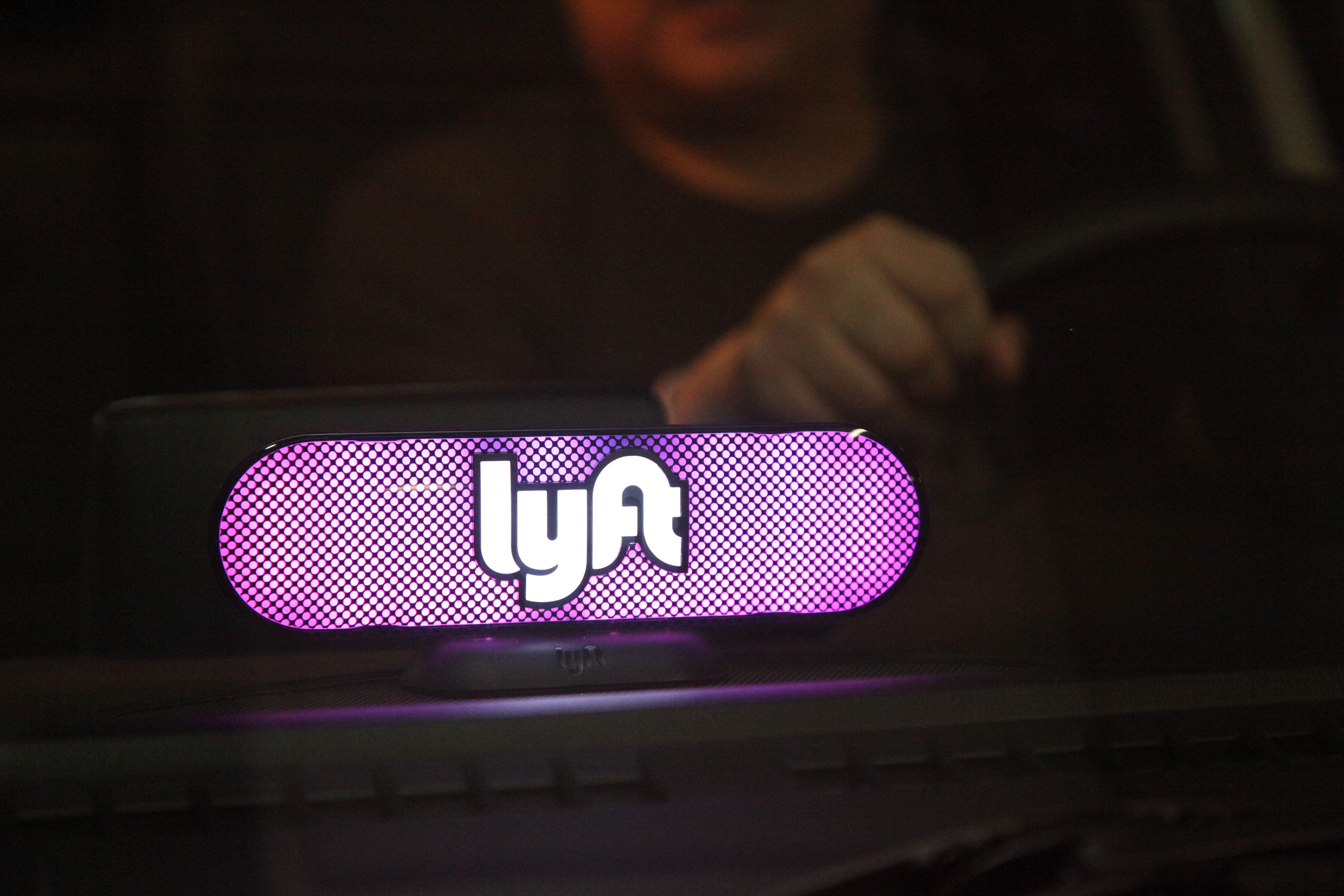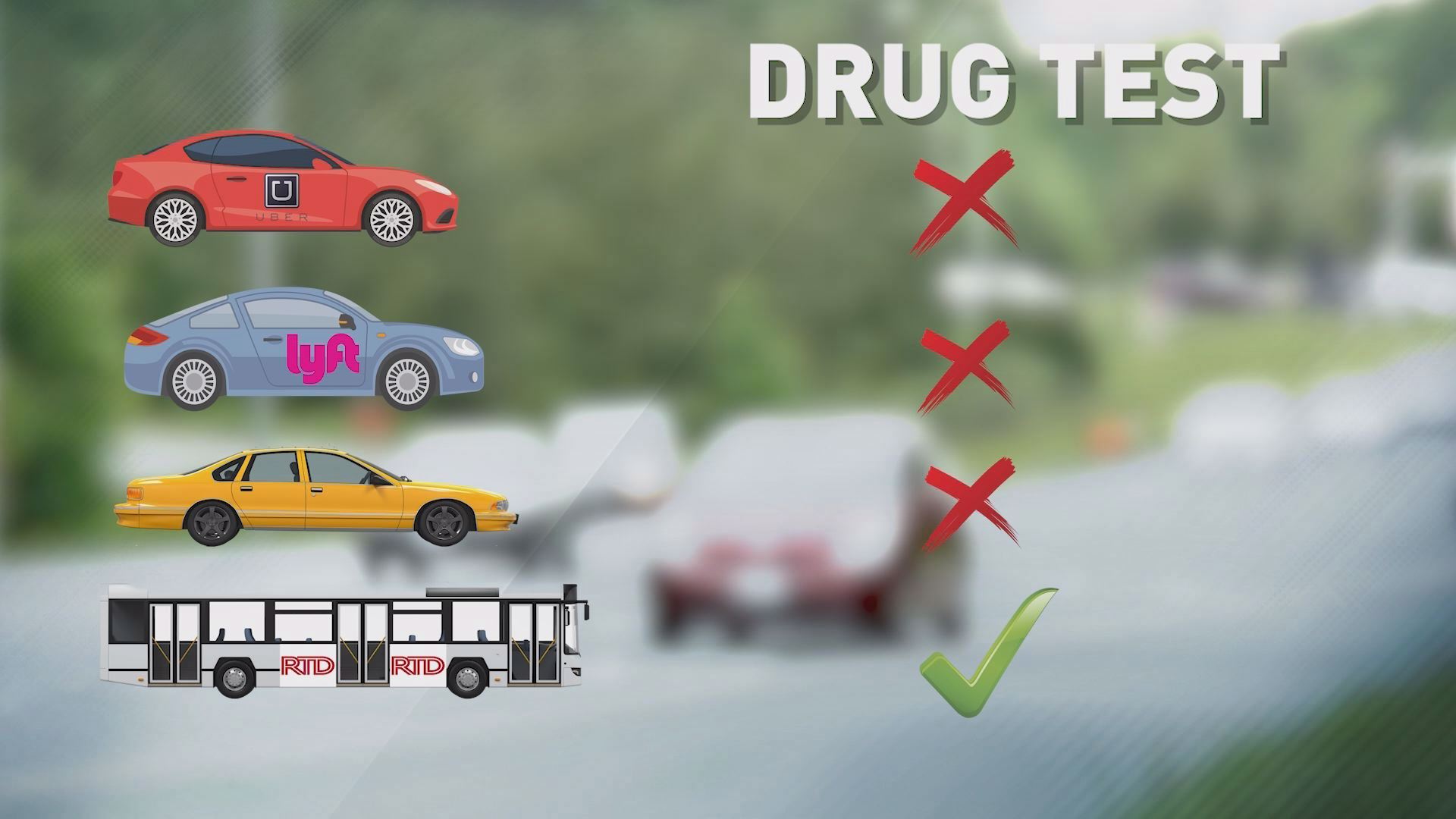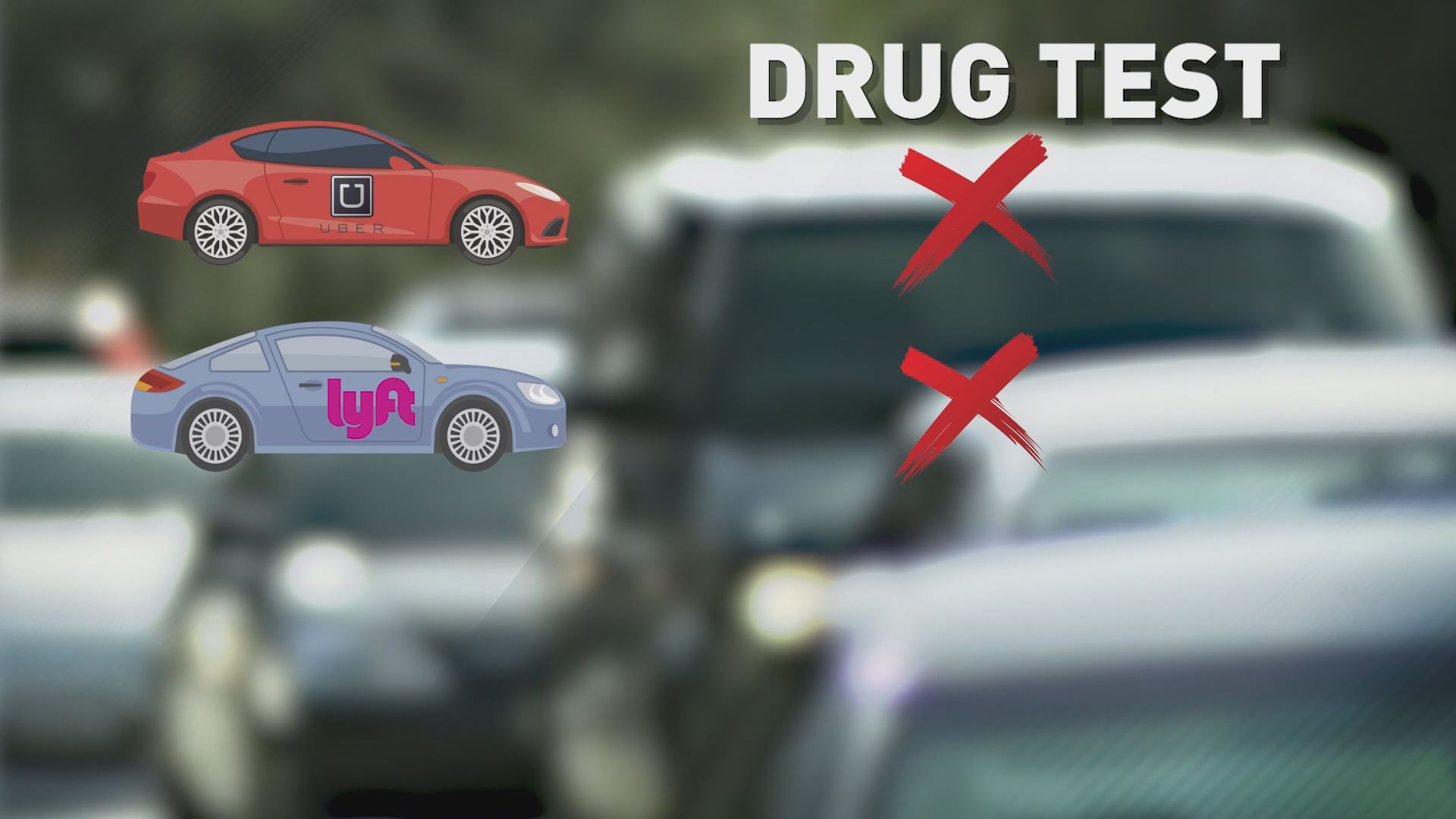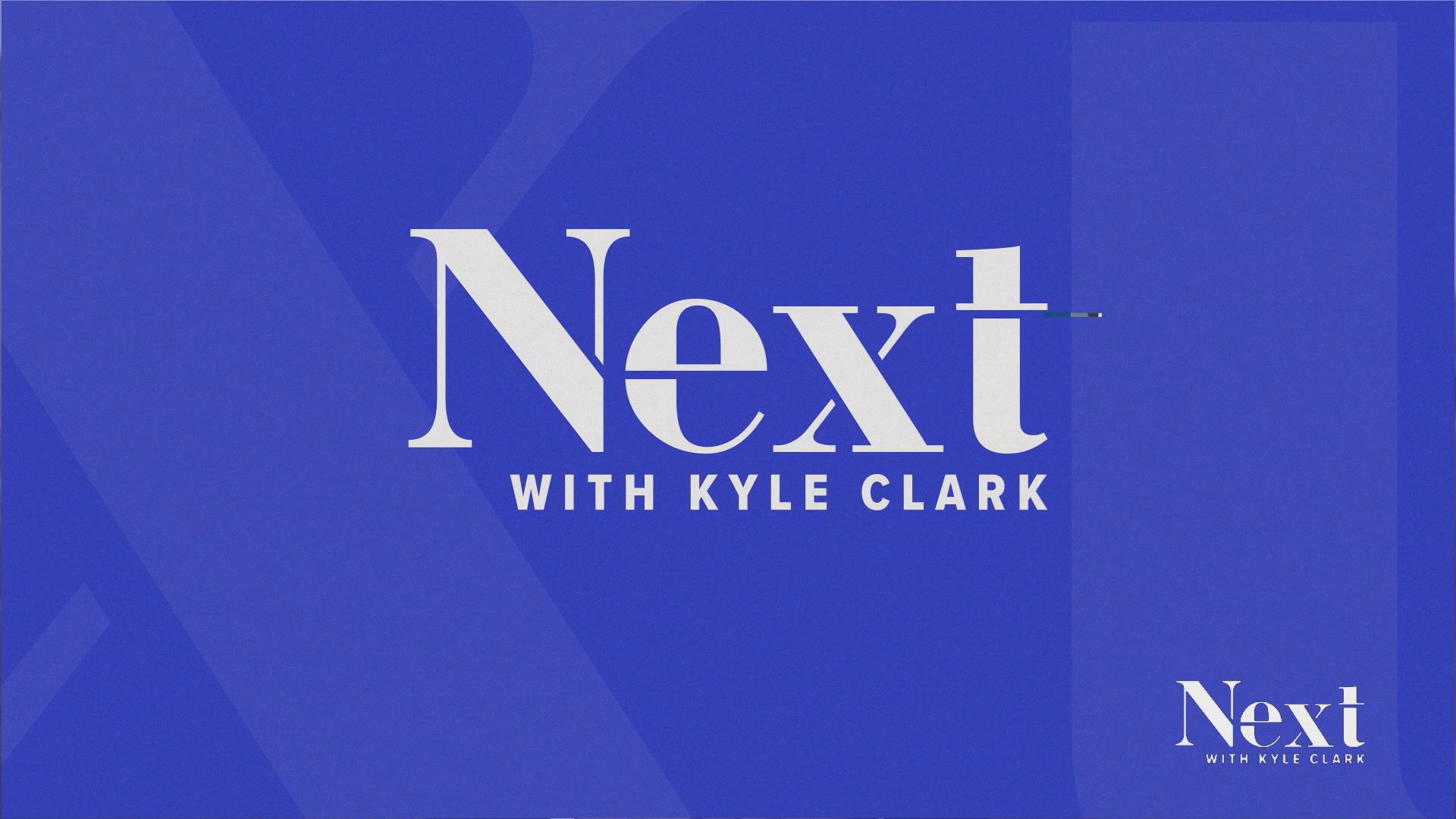One of 9NEWS' producers just joined the 21st century by taking her first-ever ride share.
We won't tell you which one because we can't authenticate what her driver said to her, which was that he turns on his app to drive when he needs to "put the bong away and get out of the house."
It got all of us thinking if the drivers of the ride share ever get a Lyft to an Uber important drug test (see what we did there?).
We'd like to give you a clear answer, but it was Uber difficult to Lyft a straight answer out of the two companies (and again!).
Bottom line is there's no state requirement that ride sharing companies test their drivers for drugs.
Uber pointed to the Colorado Public Utilities Commission regulations on ride sharing.
We'll point it out to you in a moment.

First, here's Uber's official statement:
"Uber abides by State regulations, which require all prospective transportation network company driver-partners to be subject to and pass an extensive Medical Exam or provide a Colorado Department of Transportation medical certification before they can access the Uber app. This Medical Exam includes a requirement that individuals not exhibit signs of prohibited use of controlled substances. Additionally, Uber’s Community Guidelines include a strict zero-tolerance policy for the use of drugs or alcohol while driving on the Uber app. Partners found to be under the influence of drugs or alcohol will be permanently deactivated, and we reserve the right to deactivate partners for receiving several unconfirmed complaints of drug or alcohol use."
Lyft directed us to this company safety website and provided this statement:
"We maintain a strict zero-tolerance drug and alcohol policy for our drivers."
Neither company really answered the question. Do they actually test their drivers for substances in their system?
We can read between the lines.

Colorado PUC standards call for "Proof of Medical Fitness," policy #6713.
That policy has 11 conditions that determines if a person if physically qualified to drive. Number 10 says this: "use of a controlled substance, which use is prohibited in Colorado unless prescribed by a licensed medical practitioner who is familiar with the driver’s medical history and has advised the driver that the prescribed substance or drug will not adversely affect the driver’s ability to safely operate a motor vehicle."
That means the ride sharing driver only needs to appear not to be under the influence of a controlled substance at the time of the physical. There is no requirement for an actual drug test.
Regulations for taxi companies also don't require a drug test, but each company could choose to set its own policies.
9NEWS spoke with one taxi company General Manager who told us that drug tests are not required, "but we would openly welcome it."
He said it would require the PUC or state legislature to make a policy or law change.
RTD does drug test its nearly 1,500 drivers. The drug test is part of the pre-application process and is in line with federal Department of Transportation rules.

An RTD spokesman also said the drivers face random drug tests that are determined by a random number generator based on employee numbers. He said the average driver is tested once per year.


